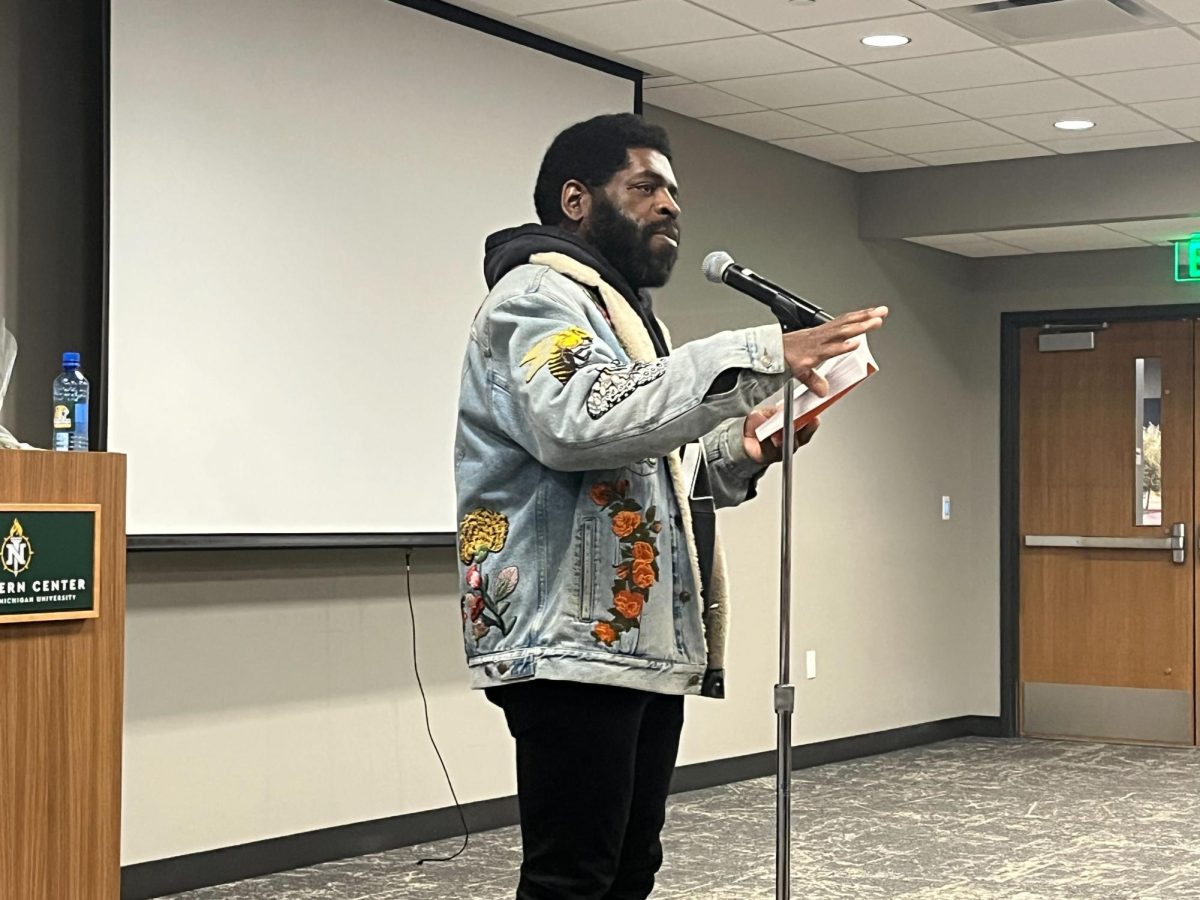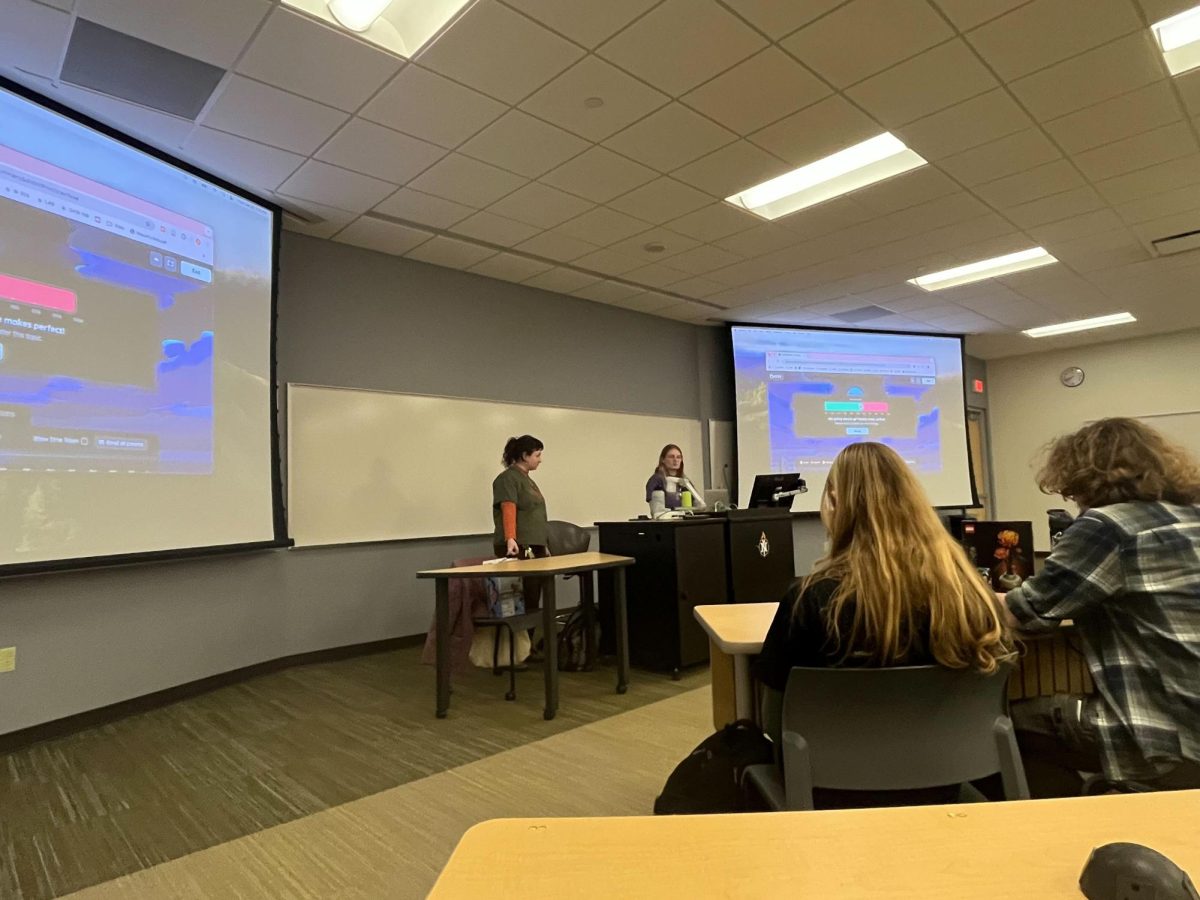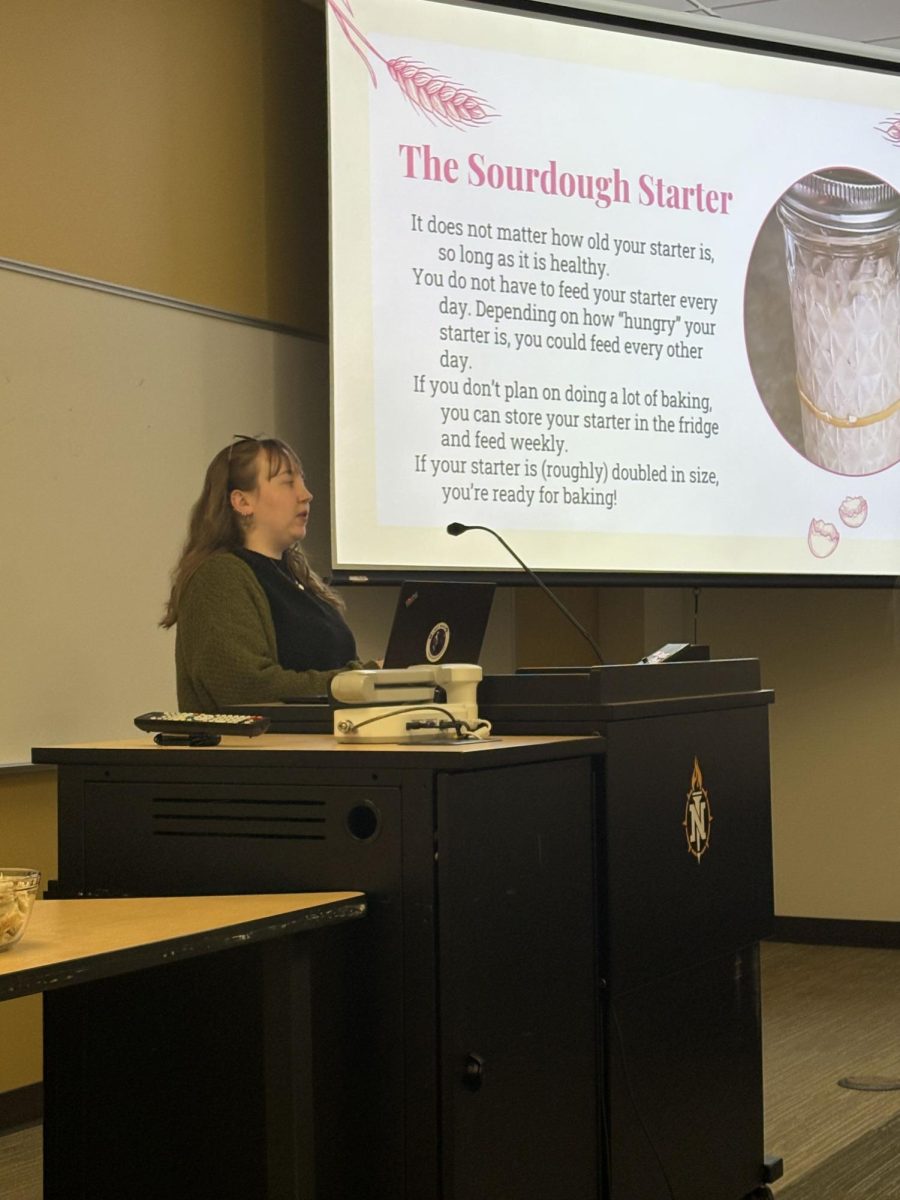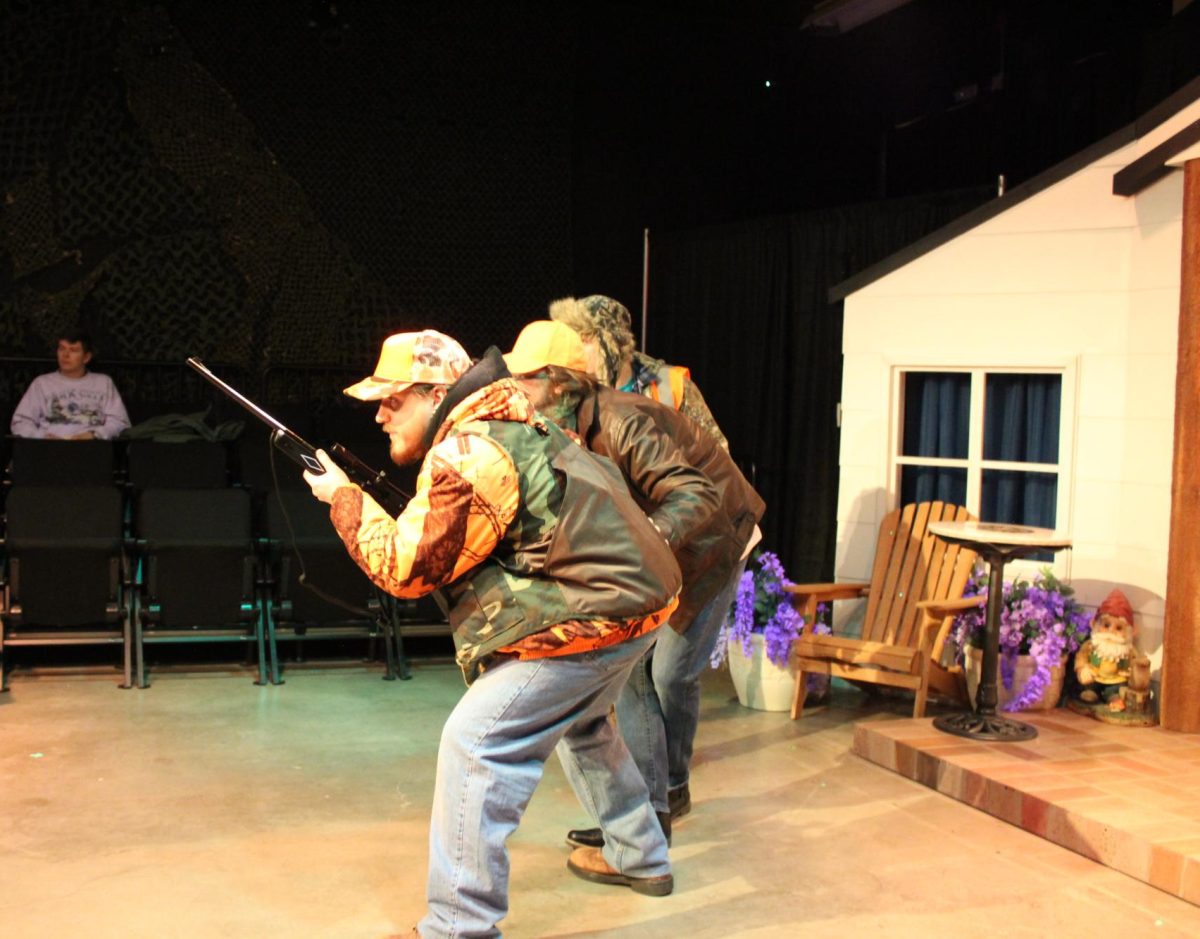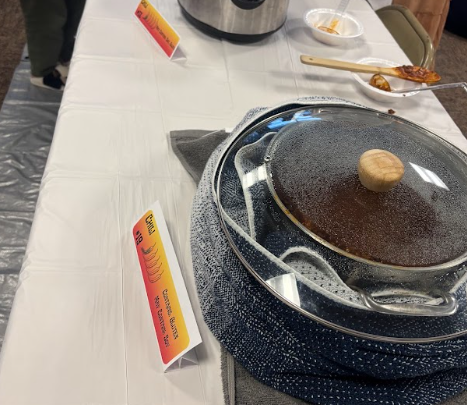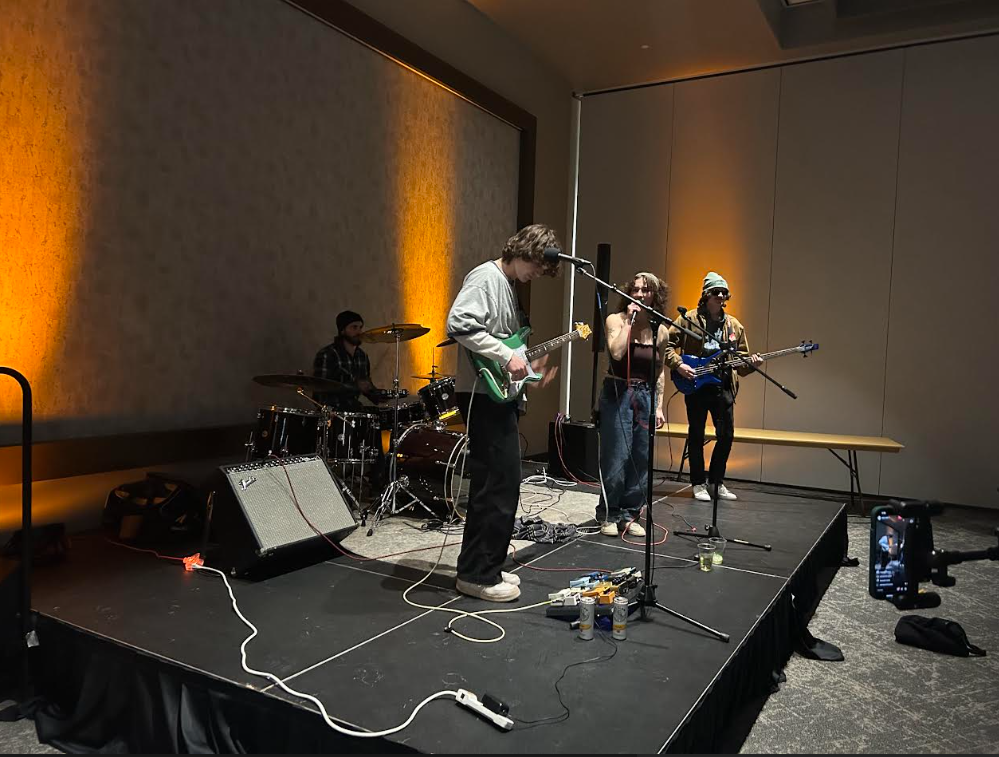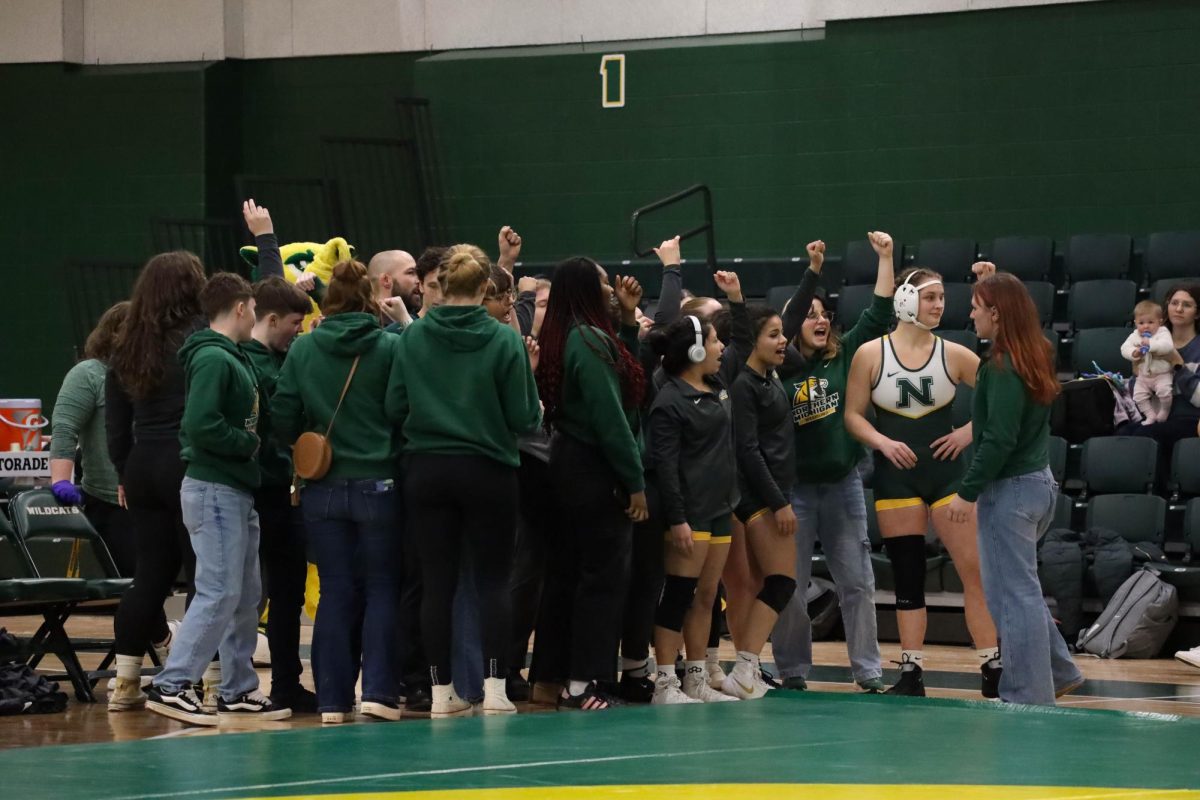After the mass shooting in Newtown, Conn., America has finally started discussing gun control regulations that will restrict the number of military-style weapons available to citizens in the domestic sphere.
As a gun owner, I understand the desire to use a gun for recreational purposes and self-defense.
Yet, I cannot wrap my head around the want of some to possess assault weapons like the AR-15, M-4 or AK-47, nor can I comprehend the need for high-capacity magazines.
Retired General Stanley McChrystal said it best, “I personally don’t think there’s any need for that kind of weaponry [assault weapons] on the street and particularly around the schools in America…I understand everybody’s desire to have whatever they want, but we’ve got to protect our children, we’ve got to protect our police, we’ve got to protect our population.”
These military-style weapons are created to devastate a target and kill in an efficient manner.
Using the 2006 United States Supreme Court case District of Columbia v. Heller as a legal precedent, assault weapons can be deemed “dangerous and exotic” so they can be made illegal.
Groups like the National Rifle Association incite fear in the hearts of gun owners by twisting the truth, claiming that the government wants to take away guns from the American people.
That is simply not true.
A love of guns is hardwired into our culture and our Constitution, and short of an amendment, there is no legal way to confiscate all guns from citizens.
The Second Amendment guarantees Americans the right to “keep and bear arms,” but just because you have a freedom does not mean you should exploit it.
At this point, with an estimated 300 million guns in the United States, banning assault weapons, high-capacity magazines and .50 caliber sniper rifles is only one step towards a safer future.
Enforcing existing laws is paramount as well: those who lie on background checks should be charged.
Gun violence is a problem, and it is a shame that the large-scale shootings overshadow the many deaths that occur all over the country.
After all, every life is of value, not just those of movie-goers and elementary-school children.
Taking the necessary, logical steps to reduce the number and availability of assault weapons is a measure of progress.
Americans need to do something to stop the increased acts of violence in the public sphere.
I also disagree with the executive vice president of the NRA, Wayne LaPierre, that more individuals with concealed-carry permits will solve the gun violence problem.
LaPierre offered the claim that “the only way to stop a bad guy with a gun is with a good guy with a gun.”
The problem with this line of reasoning: how does one distinguish a good guy from a bad guy?
Promoting civilian vigilantism is not the answer.
Our culture loves the idea of the gun-toting hero like Dirty Harry, but not everyone is as skilled with a firearm as this fictional character.
Some states have lax laws, such as Arizona, where the Second Amendment is thought to be a permit to carry a weapon in public or Colorado, where you can have a loaded gun in your vehicle without a permit and gun registration is illegal.
The problem with these kinds of non-restrictive gun laws is that it does not ensure that a person carrying a gun is trained thoroughly.
If you are carrying a weapon for self-defense, you have considerable power over others, and a gun is added responsibility.
Why isn’t America talking about gun safety in addition to gun control when there is talk about more individuals obtaining concealed-carry permits?
More people with guns is not the answer.
From my experience, people do not understand the complexity that carry a gun adds to your life, nor do they acknowledge that you are not the same person with a gun as you are without one.
For those of you with a concealed-carry permit that are reading this, I hope that you are conscientious of that gun on your waist or against your chest.
If you fantasize about a scenario when you have the chance to use your weapon, then I suggest you evaluate why you carry one.
Restricting the kinds of weapons you can own does not infringe upon your Second Amendment right.
Reducing the amount of bullets in a magazine doesn’t either, and if you need more than six shots to defend yourself, then I would say you are not very proficient with your weapon.
Americans need to face the harsh reality that something needs to be done about the dangerous weapons available in the domestic sphere.
It goes beyond a question of quantity—it is a question of quality.
What kind of an America do you want to live in?

